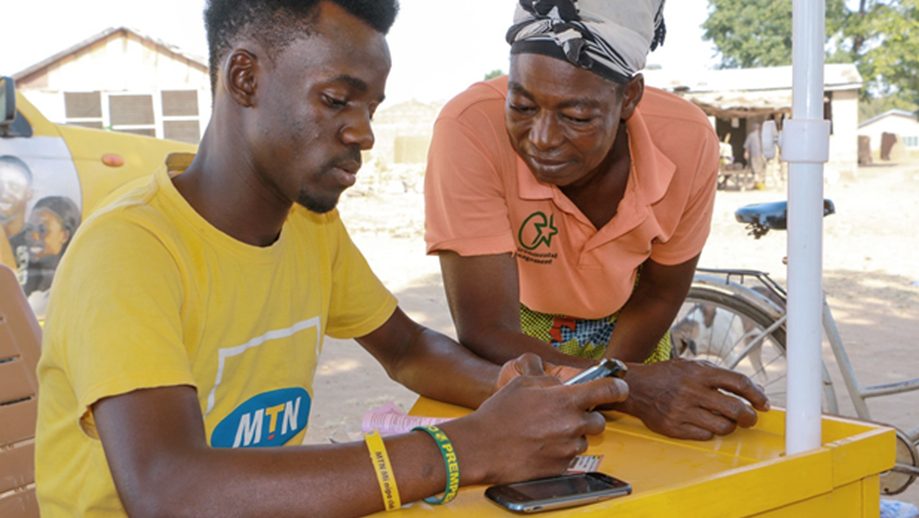The Mobile Money Association of Ghana (MAG) is lamenting the snail’s pace of their business since May 1, 2022, when the implementation of the Electronic Transfer Levy (E-levy) began.
Across the country, it is estimated that more than 4,000 Mobile Money (MoMo) vending points have been closed down because of dwindling profit margins. But the situation may be even worse in the Upper East Region.
Ernest Anabire, the Upper East Regional Vice-Chairman of MAG, speaking on A1 Radio’s Day Break Upper East explained that while some businesses have folded up completely, owners of vending points have had to cough out money outside of the MoMo businesses they run to pay their workers. This puts a huge financial strain on the pockets of business owners.
If the government’s actions towards addressing the issue aren’t swift, more businesses would run into debt and fold up.
“It is no longer business as usual after the implementation of the E-levy. When the government came to announce the implementation of the E-levy, we made our stance clear this thing is not coming to help Ghanaians, especially we the agents. Majority of our MoMo agents’ businesses have been affected by this E-levy thing that has been put in place. The market is no longer the way it used to be.”
“You will sit in the shop there and the whole day, you can count how many people have come to do transactions with you. That is not the way it used to be; that is not the case at all,” he said.
The situation, for business owners, is even direr.
“I have two people that work for me. I have two outlets. I have to pay people with my own capital. That is the situation we find ourselves in. The majority even have to fold up. There was even a Bank of Ghana data that came out that 4,000 MoMo agents have folded up in one month; May and June because they could not withstand the pressure that is coming.”
“Customers are not coming. They are discouraged by the cost of doing MoMo. Customers were initially looking at the convenience but it is no longer the case now. The cost is what is driving customers,” he said.
Meanwhile, the government may not meet its target of raising some ¢4.5 billion from the Electronic Transaction Levy, as about 83% of Ghanaians have reduced their mobile money transactions since the introduction of the levy.
This is according to a survey report released by IMANI Centre for Policy and Education in collaboration with Deutsche Gesellschaft für Internationale Zusammenarbeit (GIZ).
“About 83% or 8 in ten respondents indicated that their volume of transactions has changed since the implementation of the e-levy in May 2022. Of this number, about 47% indicated that they had reduced the number of mobile money transactions by about 51% to 100%. Our findings suggest that the official 24% attrition rate, which the government estimates for the first three to six months following the introduction of the e-levy, is likely to be much higher.”
“This finding implies that the forecasted GH¢4.5 billion (GHS¢60 million per month) e-levy revenue target for 2022 is unlikely to be attained given the strong consumer backlash and people finding alternative means of undertaking financial transactions,” portions of the survey said.
Source: A1radioonline.com|101.1MHz|Mark Kwasi Ahumah Smith|Ghana


